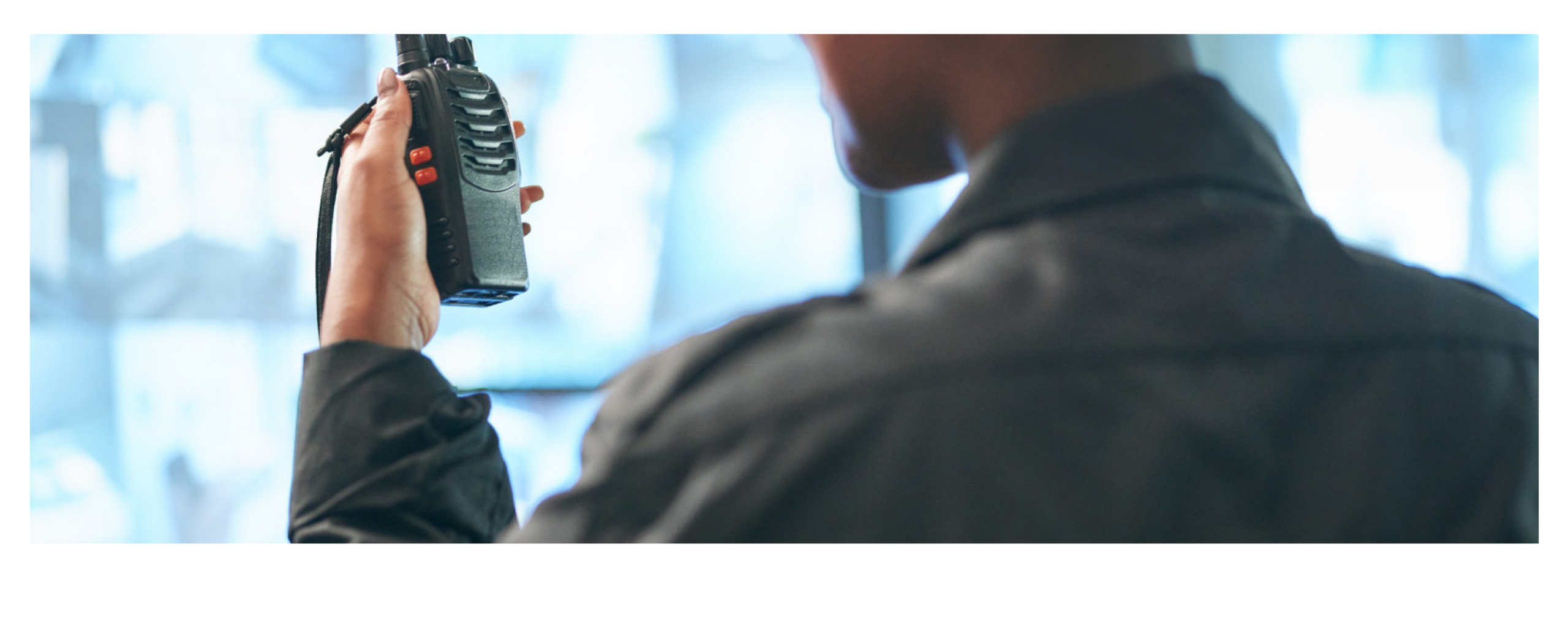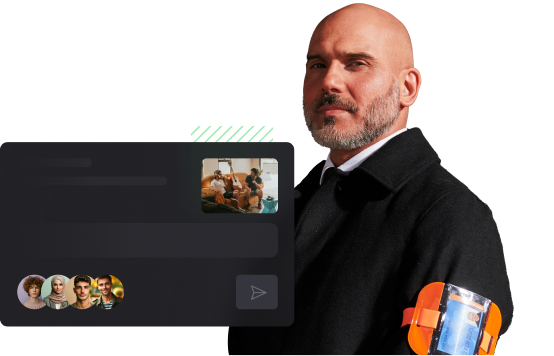In the fast-paced and often tough world of security, being a great communicator isn’t just a nice skill to have – it’s absolutely crucial. Now you cover effective communication in your SIA security training courses, but knowing how to talk clearly, confidently, and keep your cool when things get heated is a game changer. It can really make a difference in your everyday work- whether that be as a Door Supervisor, Security Officer or a CCTV Operator. In this blog, we’re going to dig into why top-notch communication skills matter and give you some real, handy tips to get even better at them.
Let’s Talk About Communication in Security
When it comes to security work, chatting isn’t the only thing that counts as communication. It’s a whole mix of things – like really listening to what others are saying, understanding body language, and being able to calm things down when they start to heat up. Whether you’re dealing with the public, teaming up with the police, or just working with other security professionals, being good at getting your point across can stop misunderstandings in their tracks, sort out tricky situations, and help you act quickly when it’s needed most.
Getting Better at Talking the Talk in Security
Keep it Clear and Simple: When things are tense, it’s super important to get your message across in a clear and straightforward way. Cut out the complicated words and stick to plain, easy-to-understand language.
Speak with Confidence: The way you talk can really show confidence and take charge of a situation. Try to keep your voice calm but firm – it helps reassure people and shows you’ve got things under control.
Don’t Just Talk, Listen: Good communication isn’t just about talking; it’s also about listening – really listening. Pay attention to what others are saying, try to get where they’re coming from, and show a bit of kindness. This is super helpful when you’re trying to cool down a heated moment.
Boosting Your Body Talk
Watch Your Body Language: Your body says a lot without words. Try to keep an open and relaxed posture – it can make conversations go a lot smoother.
Eye Contact Matters: Keeping eye contact shows you’re confident and trustworthy. Plus, it’s great for understanding situations and people better.
Facial Expressions Count: Your face can show understanding, concern, or authority. Being aware of your expressions can really help in handling different situations.
Handling Tough Situations
Show You Get It: Sometimes, just showing that you understand what someone’s going through can calm things down.
Keep Your Cool: In tense situations, staying calm is key. How you react can either ramp up the tension or help cool things off.
Learn to Negotiate: Being good at negotiating can help you sort out disagreements or tricky situations. Finding a compromise is often crucial in security work.
Keep Growing Your Skills
SIA Training Courses: Boost your communication skills as a security professional by enrolling in Get Licensed security training courses. We offer a variety of courses, including Door Supervisor Training, CCTV Operator Courses, and Close Protection Training, among others. These courses are designed to enhance your abilities and advance your career.
Never Stop Learning: Once you have completed your SIA Training course and applied for your SIA licence, your training shouldn’t stop there. Getting better at talking and listening is a never-ending journey. Get involved in training sessions, workshops, and role-plays to keep sharpening your skills.
You can also keep your skills up to date using the GuardPass app. Here you can undergo daily challenges and earn skill badges! These skill badges will appear on your worker profile and CV, helping you land more security jobs.
Wrapping Up
In short, becoming a communication whiz is a big part of growing in the security field. By getting good at both talking and listening, and being able to handle tough situations, you’ll not only be better at your job but also make things safer for everyone around you. Remember, in security, the way you talk and act can make a huge difference – so use your skills smartly and with care.


Leave a Reply